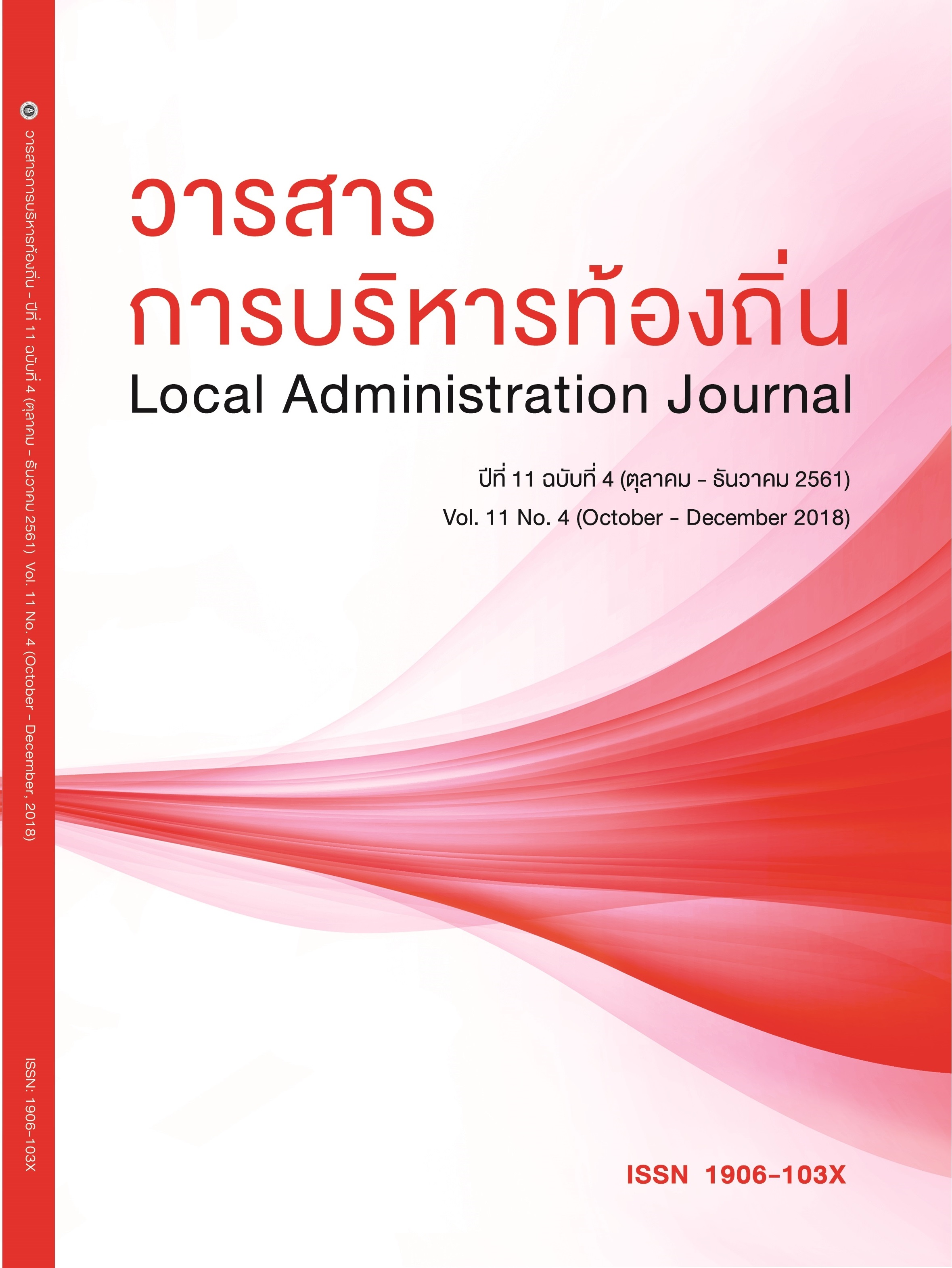Educational Decentralization in Thailand: Reality of Administrative Structural Change and Authority Shift
Keywords:
educational decentralization, administrative structural change, authority shiftAbstract
It has been nearly three decades since Thai basic education was affected by major changes adopted in name of educational decentralization. Although making authority shifted to schools is central to implementing educational decentralization, there is no literature that rigorously investigates the extent and degree of changes to reveal if decision making authority is shifted to schools. By addressing this gap, this study intends: (1) to examine the extent of changes in light of the last educational decentralization; (2) to examine if the outputs conform to educational decentralization; and (3) to ascertain whether the agents’ authorities in real settings, particularly the primary schools, have increased, in which areas, how, and why. Through document analysis, the study showed that the changes adopted revitalized and retained the traditional centralized administrative structure and the traditional centralized decision-making authority. Although certain aspects of the administrative structure and authoritative relationship were relocated, no mechanisms were created to serve the shift of authority from the higher-level agencies to school settings. To shift authority to schools, a mechanism at school level to serve authority dispersion is needed. Additionally, the legal mandates and framework must be clear as to whom authority will be shifted and what areas of authority will be decentralized.
Additional Files
Published
How to Cite
Issue
Section
License
The copyright of all articles published in the Local Administration Journalis owned by the College of Local Administration, Khon Kaen University.



